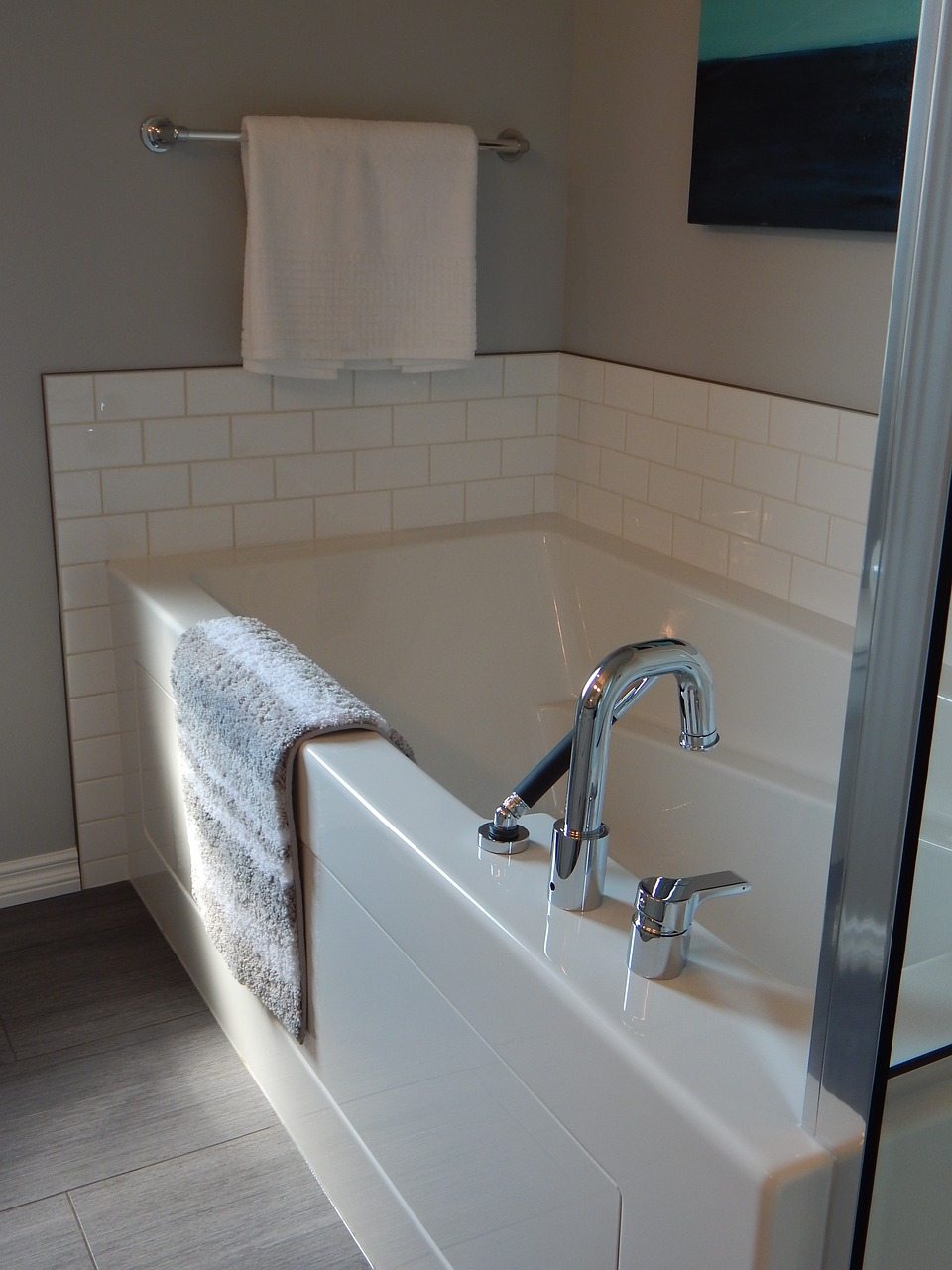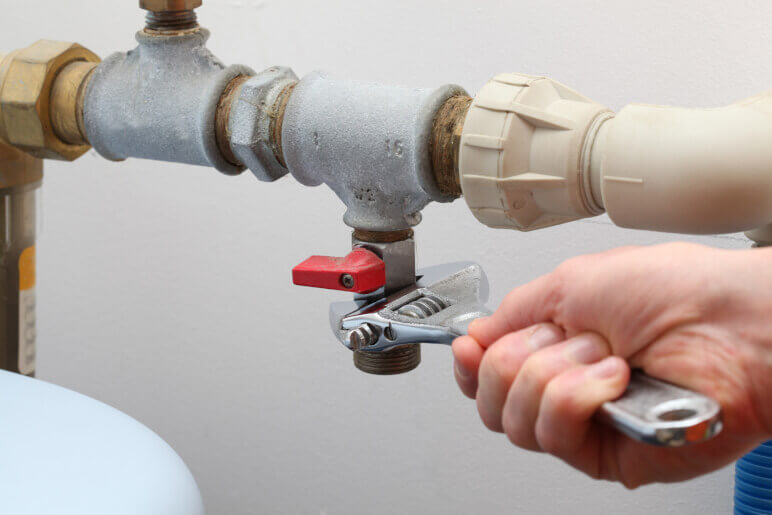Almost everyone may have their own notions involving General Plumbing Tips for New Homeowners.

For brand-new house owners, understanding and maintaining bathroom pipes can save both money and time by protecting against expensive issues down the line. Below are some necessary restroom pipes ideas to assist you maintain whatever running efficiently.
Get Ready For Cold Weather
Shield your pipes from cold throughout cold weather by protecting pipes in unheated locations like basements, attic rooms, and garages. During severe chilly, allow cold water drip from faucets offered by exposed pipelines to help stop freezing.
Set Up Routine Upkeep
Consider organizing annual assessments with a licensed plumber. They can identify issues that you may miss out on, such as covert leakages or wear and tear on pipelines and fixtures. Routine upkeep helps prolong the life of your pipes system and can avoid emergency situations.
Familiarize Yourself with the Key Shut-Off Shutoff
Knowing where the primary water shut-off shutoff is located in your house is critical. This enables you to promptly turn off the water system in case of significant leaks or during plumbing emergencies, avoiding substantial water damages.
Routinely Check for Leakages
Tiny leaks can cause large problems. Frequently inspect under sinks, around commodes, and near pipes fixtures for any indications of leakages. Seek dampness, small drips, or rust. Catching and repairing leakages early can protect against more significant damage and save water.
Keep Your Water Heater
Ensure your hot water heater is readied to an appropriate temperature level (typically around 120 degrees Fahrenheit) to prevent scalding and decrease energy usage. Flush the tank each year to remove sediment buildup, which can decrease the efficiency and lifespan of your heater.
Upgrade Your Fixtures
If your home has older fixtures, consider upgrading to more efficient models. Modern toilets, showerheads, and taps are developed to use less water while offering great pressure, which can considerably decrease your water bill and ecological footprint.
Be Cautious with DIY Pipes Fixes
While it's appealing to take care of all home repairs by yourself, be cautious with pipes. Some issues might require professional proficiency, especially if they entail major water lines or drain repair work. Employing an expert can sometimes be extra cost-efficient than DIY, especially if it prevents further damages.
Don't Neglect Slow Drains
If your sink or bath tub is draining pipes slowly, it's usually an indication of a clog creating. Addressing this very early can stop a complete clog. Utilize a plunger or a plumbing's serpent to clean out debris. Prevent using chemical drainpipe cleaners as they can damage your pipelines over time.
Know What Not to Flush
Commodes are not garbage disposals. Stay clear of flushing anything apart from toilet tissue and human waste. Items like wipes, womanly hygiene items, and cotton swabs must be gotten rid of in the garbage to stop clogs and drain backups.
Mount Strainers in Drains
Place filters in your sink and bath tub drains to catch hair and various other particles before they enter your pipes system. Cleaning the strainers consistently will assist prevent build-up and maintain water streaming openly.
Conclusion
Comprehending and preserving your home's shower room plumbing can prevent several usual problems. By adhering to these essential suggestions, you can guarantee your shower room continues to be useful and effective, conserving you time and money over time.
Essential Plumbing Tips for Homeowners: Keep Your Pipes Flowing Smoothly
As a homeowner, understanding the basics of your plumbing system can save you time, money, and a lot of headaches. Plumbing issues can range from minor annoyances like dripping faucets to major problems like burst pipes that cause significant damage. This guide provides essential tips to help you maintain your plumbing system and tackle common issues.
Understanding Your Plumbing System
Supply System: Brings fresh water into your home from a municipal source or a well. Drain-Waste-Vent System: Removes wastewater and vents sewer gases outside. Fixtures and Appliances: Includes sinks, toilets, showers, dishwashers, and washing machines. Basic Maintenance Tips
Regular Inspections: Periodically check for leaks, corrosion, and other signs of wear and tear. Look under sinks, around toilets, and near water heaters. Know Your Main Shut-Off Valve: In case of a major leak, you’ll need to shut off the water quickly. Ensure everyone in your household knows where the main shut-off valve is located. Prevent Frozen Pipes: In cold climates, insulate exposed pipes and let faucets drip during extreme cold to prevent freezing. Use Strainers: Install strainers in sinks and tubs to catch hair, food particles, and other debris that can cause clogs. Common Plumbing Issues and Solutions
Clogged Drains:
Prevention: Avoid pouring grease down the drain and use drain screens to catch debris. DIY Fix: Use a plunger or a plumbing snake to clear minor clogs. For stubborn clogs, a mixture of baking soda and vinegar can sometimes help. Leaky Faucets:
Prevention: Replace washers and seals regularly. DIY Fix: Turn off the water supply, disassemble the faucet, and replace worn parts.

Details Here